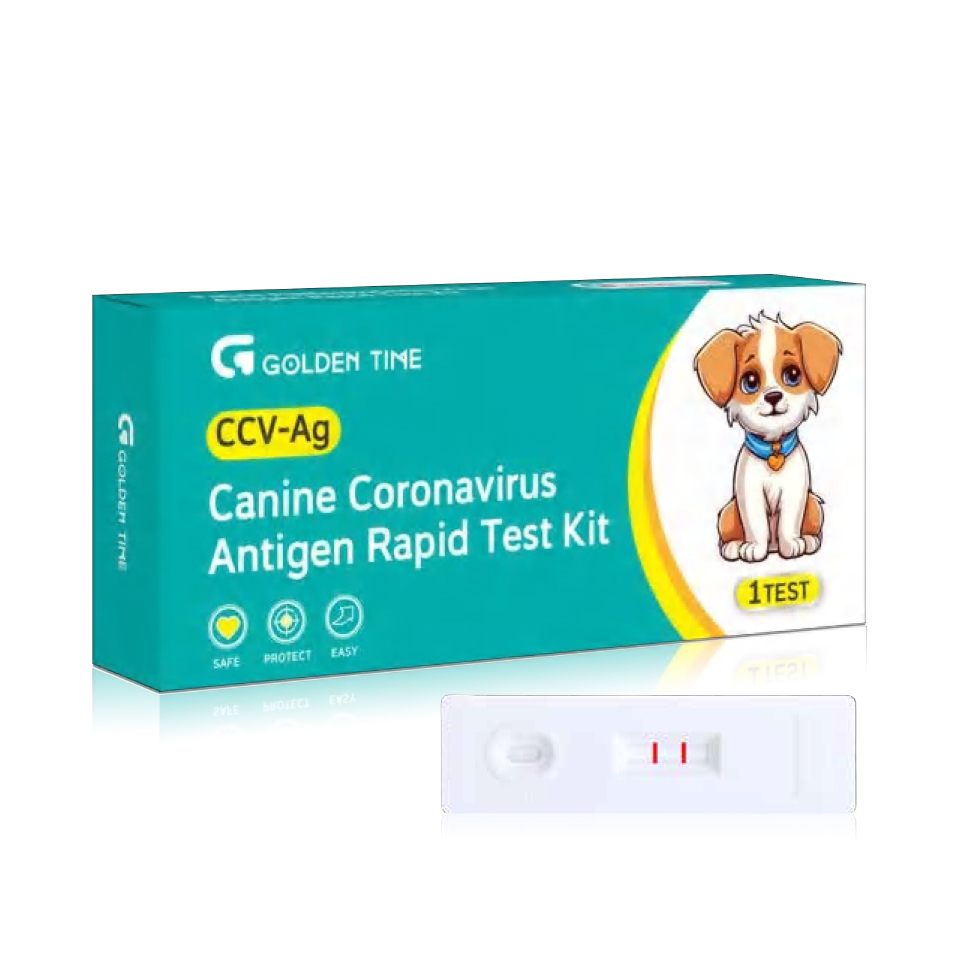Oct . 02, 2024 06:02 Back to list
Assessing Diagnostic Tests for Effective Hepatitis Identification and Management in Healthcare Facilities
The Role of Diagnostic Tests in Hepatitis Management
Hepatitis, an inflammation of the liver, can be caused by viral infections, alcohol consumption, toxins, or autoimmune diseases. Among the various forms of hepatitis, viral hepatitis is the most common, primarily including Hepatitis A, B, C, D, and E. The effective management of hepatitis relies heavily on early and accurate diagnosis, which is facilitated by a range of diagnostic tests. These tests are integral in determining the presence of the virus, the extent of liver damage, and guiding treatment options.
The Role of Diagnostic Tests in Hepatitis Management
Molecular tests, on the other hand, detect the genetic material of the virus, such as the Hepatitis C virus (HCV) RNA. These tests can quantify the viral load, which is crucial in evaluating the severity of the infection and monitoring the effectiveness of antiviral treatment. For instance, a high viral load in Hepatitis C patients may necessitate immediate intervention, while a lack of detectable virus in the bloodstream indicates successful treatment.
test to diagnose hepatitis factories

In addition to these tests, other evaluations such as liver function tests, imaging studies, and liver biopsies may be recommended based on the initial test results. These further assessments help gauge the level of liver damage and guide comprehensive management strategies, including potential antiviral therapies.
The development and production of reliable diagnostic tests for hepatitis are often carried out in specialized laboratories and factories that focus on medical diagnostics. These facilities play a crucial role in ensuring the tests are accurate, sensitive, and specific, enabling healthcare providers to make informed decisions regarding patient care. The availability of rapid and point-of-care testing has also revolutionized hepatitis diagnostics, allowing timely detection and linkage to care, particularly in underserved populations.
In conclusion, diagnostic tests are fundamental in the fight against hepatitis. They empower healthcare professionals to diagnose infections promptly, assess liver damage, and tailor treatment plans effectively. As technology advances, continuous improvements in diagnostic testing will enhance our capabilities to manage hepatitis globally, ultimately leading to better health outcomes and reduced disease burden.
-
Premium Empty ABS Plastic Cassettes: Durable & Lightweight Storage
NewsAug.01,2025
-
Accurate Cocaine (Coc) Rapid Test Kit | Fast & Reliable Detection
NewsJul.31,2025
-
Accurate HCG Pregnancy Test Strips | Fast Home Use Kit
NewsJul.31,2025
-
Reliable Early Pregnancy Test Kit Supplier - Multi Plastic Cassette Options
NewsJul.30,2025
-
Transferrin Rapid Test Cassette – Reliable Tumor Marker Detection
NewsJul.29,2025
-
Accurate Follicle Stimulating Hormone Test Kit | Rapid Reliable Results
NewsJul.29,2025

